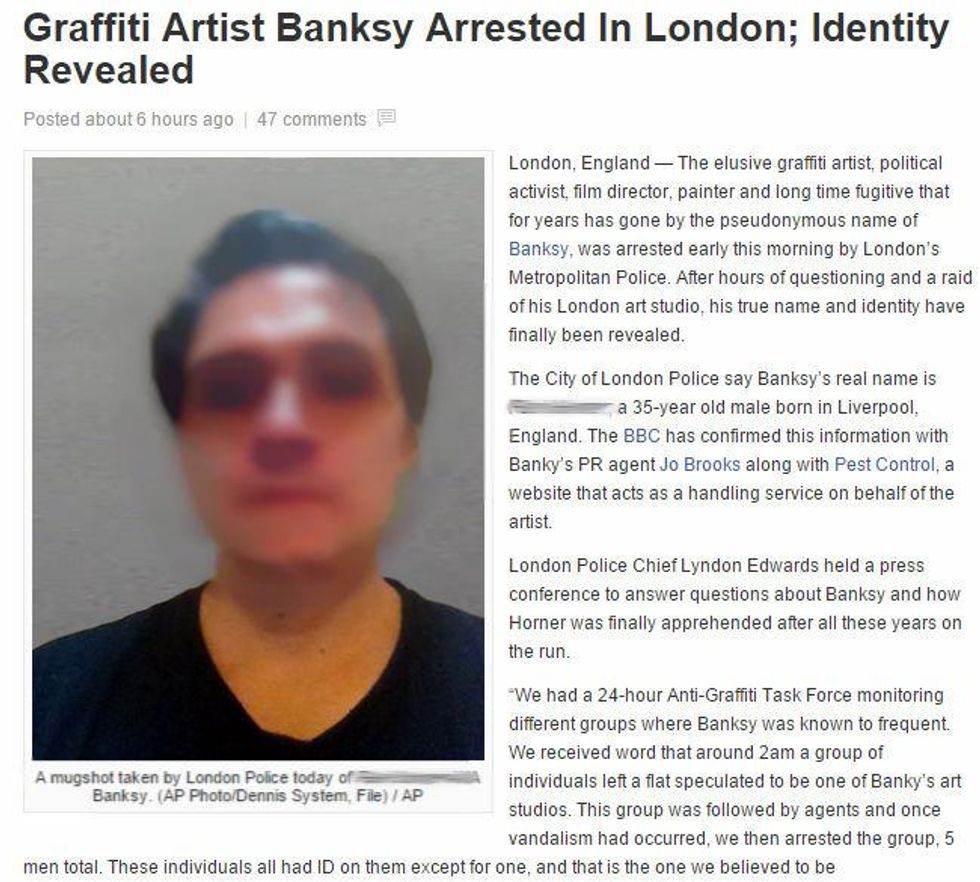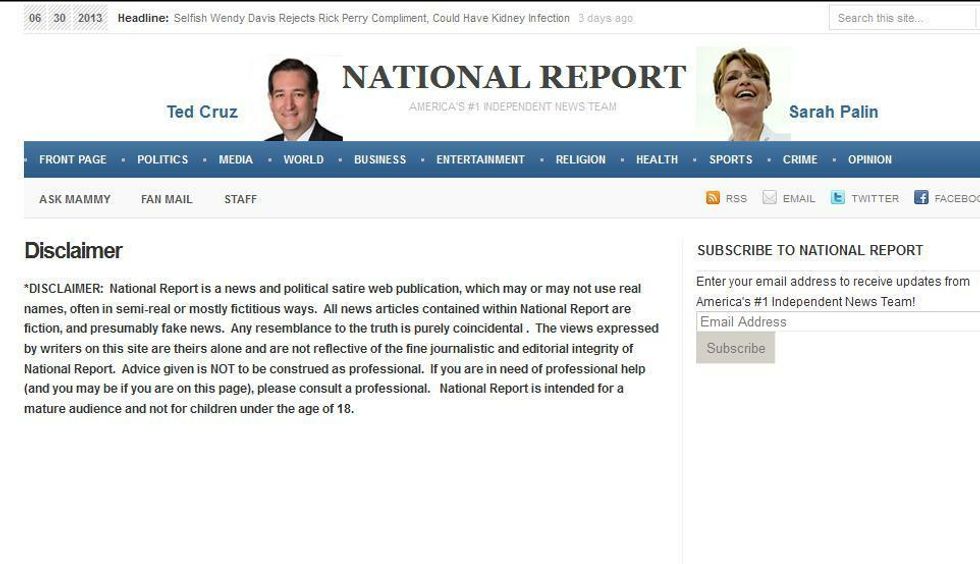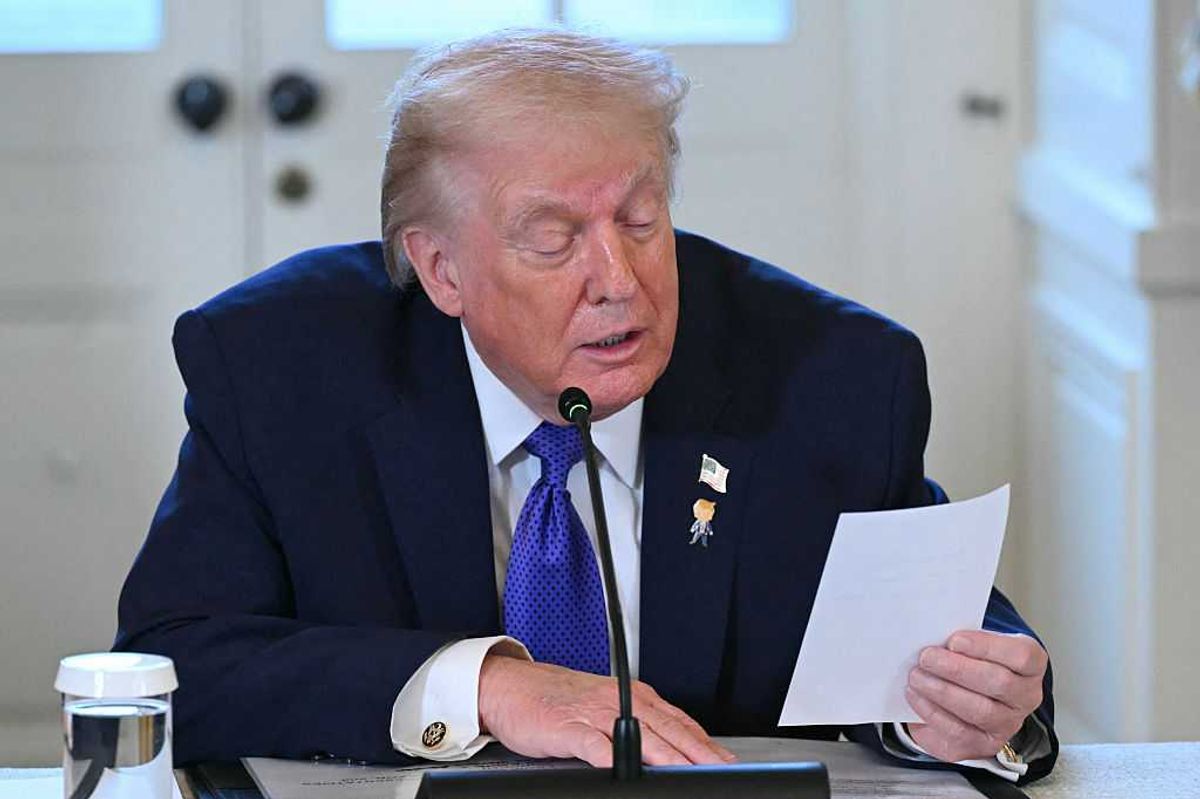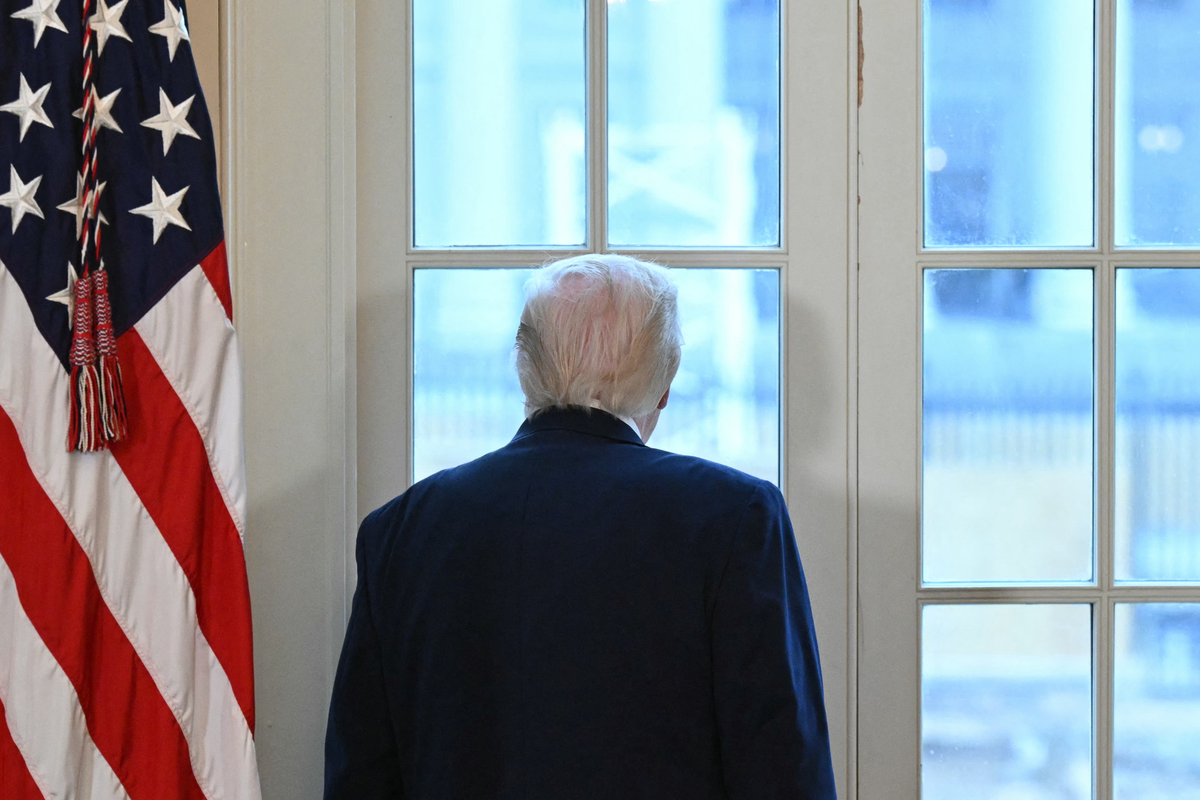Science & Tech
Evan Bartlett
Oct 22, 2014
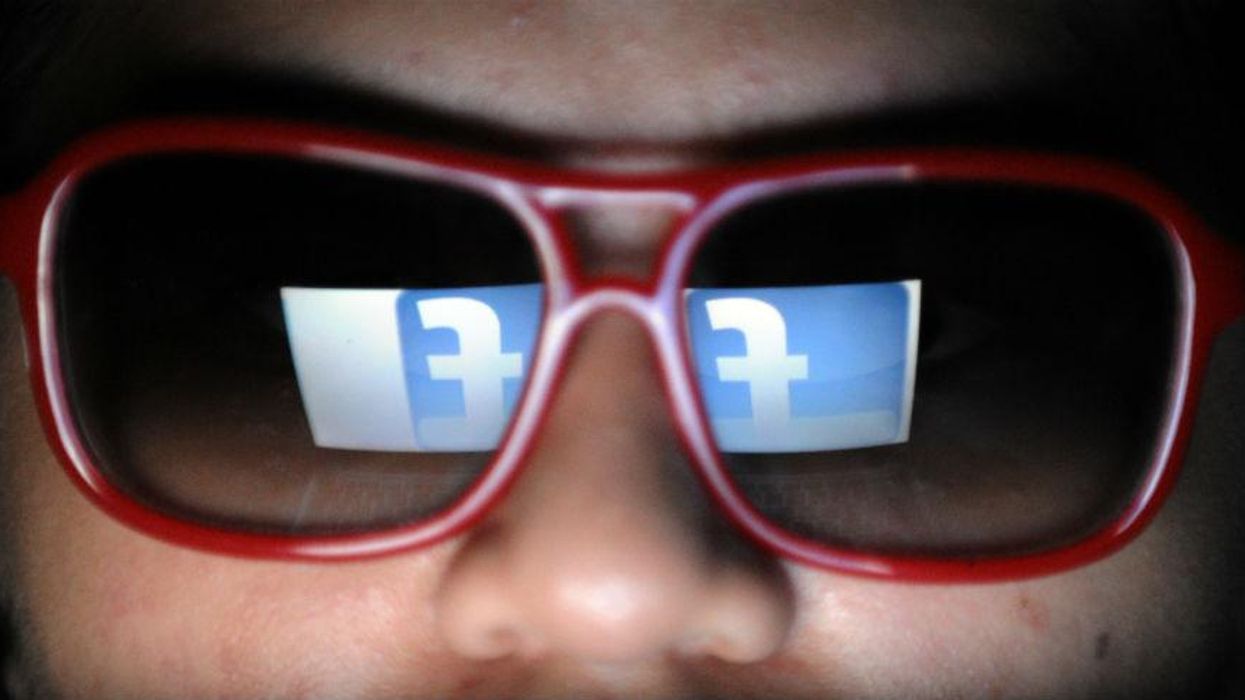
(Picture: Getty
Fake news websites are presenting false or alarming stories on Facebook in order to drive traffic and therefore earn money through advertising.
In recent weeks, entirely fictional stories about the spread of Ebola, the arrest of street artist Banksy and Isis terror attacks have all been shared extensively on the social network before quickly being debunked.
The Banksy story, a re-hashed hoax that was first seen last year, was published by a website called National Report this week and received almost two million unique visitors in the US, and almost five million worldwide, according to the Verge.
- A screengrab from National Report which shows the false Banksy arrest story
Despite National Report only having a following of 21,000 on Facebook, another story claiming that 17 children at a kindergarten in Texas had contracted Ebola from a Liberian exchange student had been shared nearly 8,000 times as of Wednesday afternoon.
The phenonemon works as websites capitalise on the fear of threats like Ebola or present an extraordinary story and exploit the fact that links from websites all look very similar when posted to Facebook.
That similarity means people usually only read the preview text on Facebook before hitting 'like' or 'share' or perhaps give the article a cursory skim without verifying the trustworthiness of the website.
Craig Silverman, the founder of a website called Emergent which tracks and verifies viral news stories online, told The Verge that this latest trend is a deliberate attempt to deceive, as opposed to obviously satirical websites like The Onion or Daily Mash.
What we’ve seen emerge over the last year is a much more malicious breed of [fake news story] which are not driven by trying to do comedy or satire, but by what kind of fake stuff we can spin up to get shares that earn us money.
- Craig Silverman, Emergent
The more clicks, likes and shares an article receives, the higher up it is likely to appear on the Facebook newsfeed.
The social network has tried to counter its users being duped by adding "satire" tags although this may only be working with the more renowned fictional sites.
National Report, which adds fake quotes to its stories and pretended that the BBC had confirmed the Banksy arrest, bills itself as "America's #1 Independent News Source".
There is no reference to its stories being fictional, although debunking website Snopes saved a screengrab of an old disclaimer which admits its articles are fake.
The latest "news" on National Report is that Dallas has cancelled Halloween because of Ebola and that Oscar Pistorius has just been offered a huge endorsement deal with a company that sells "athlete's foot" remedies...
Top 100
The Conversation (0)
